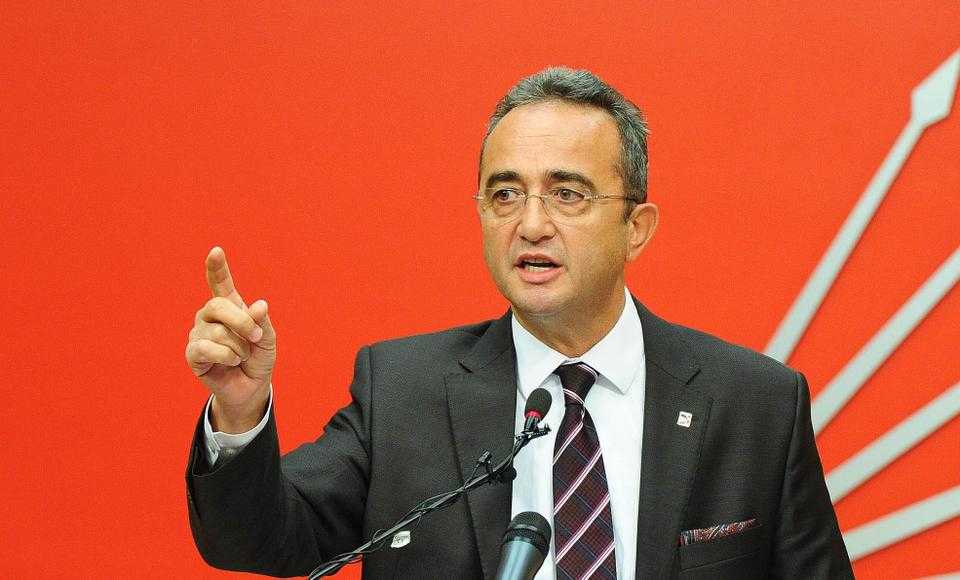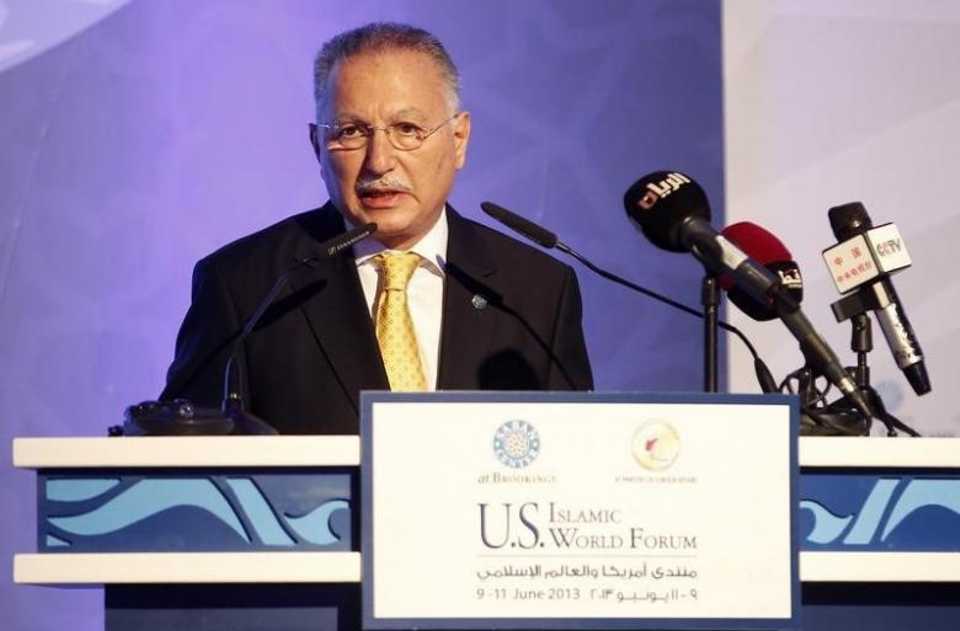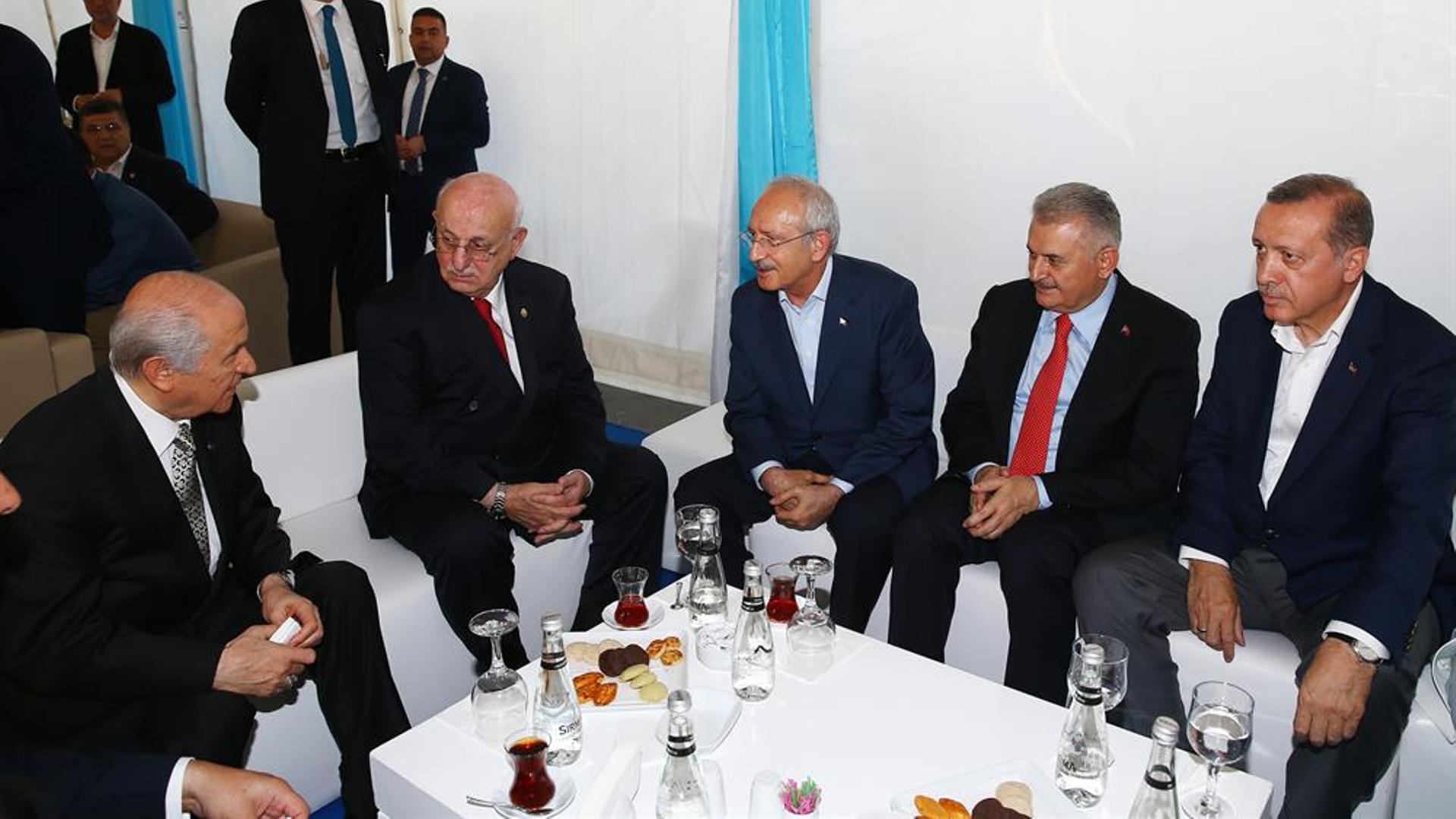![[From right to left] President Recep Tayyip Erdogan, Prime Minister Binali Yildirim, the Republican People's Party’s (CHP) leader Kemal Kilicdaroglu, Parliament Speaker Ismail Kahraman, and Nationalist Movement Party (MHP) leader Devlet Bahceli during a meeting on August 8, 2016 after a defeated coup in July 15, 2016.](https://cdni0.trtworld.com/w960/q50/26813_aa_1517599121291.jpg)
Turkey launched Operation Olive Branch in Syria’s Afrin region on January 20 to clear the area of the YPG/PKK, which has conducted numerous suicide bombing and rocket attacks against civilians.
The decision to begin a cross-border operation came days after the United States announced that it was working with the YPG in Syria to form a 30,000-strong “Border Security Force” composed of YPG/SDF militants near Turkey’s border in northern Syria.
The YPG—which is the backbone of the SDF—is the Syrian branch of the PKK, a terrorist organisation recognised by Turkey, the US and the European Union. The PKK has waged a terror campaign against Turkey for more than 30 years. Some 40,000 people have been killed in confrontations mainly concentrated in Turkey’s southeast, as well as various attacks elsewhere in the country.
As well as Turkey’s government, opposition parties, NGO’s, trade associations and rights groups were alarmed over the US’ decision.
Turkey’s main opposition political party, the Republican People’s Party (CHP), and the Nationalist Movement Party (MHP) has expressed support for the Afrin.
The Republican People’s Party (CHP) spokesperson Bulent Tezcan said that social consensus and togetherness on important issues, like the operation in Syria, once again proved Turkey’s unity.
“Operation Olive Branch is compulsory and a legitimate move for Turkey, and that’s why we have supported it since the beginning as the main opposition political party,” Tezcan told TRT World.

However, he also criticised the government for causing the West to question the move.
“Those who are behind the chaos in the Middle East are uncomfortable with our operation in Syria, of course. And they speak in accordance with their agenda,” he said, referring to the recent statement by French President Emmanuel Macron, who said that Ankara should coordinate its action in Syria with its allies.
“The government must follow a policy that would prevent any foreign questioning about our operation in Syria,” Tezcan said.
The opposition party MHP also expressed full support before and during the operation. The leader of the party, Devlet Bahceli held a joint press conference with Prime Minister Binali Yildirim on the first day of the Operation Olive Branch.
Ekmeleddin Ihsanoglu, an MHP lawmaker who ran in the 2014 presidential election against President Recep Tayyip Erdogan, told TRT World that Turkey’s operation move was the correct thing to do.

“This operation is a necessity for Turkey’s right of self-defence, as terror activities near our border are a threat to both our existence and Syria’s territorial integrity,” Ihsanoglu told TRT World.
“Moreover, the group [YPG] which was planning to locate itself near our borders has ties with PKK, making the issue even more worrying.”
“Existential issues come before political ideologies and that’s why the Turkish state and public are unified without thinking of their ideologies and they should continue to do so. This is a must for social peace in Turkey.”
Ihsanoglu added that the “100th anniversary of the Republic of Turkey is approaching. Turkey has defended territorial integrity of its neighbours throughout its history. The world shouldn’t think that Turkey has a desire for others’ land.”
“Turkey is defending its territory coming under threat of terror attacks,” he said, referring to Macron’s statement.
Meanwhile, Macron took a U-turn on Thursday after more reports of casualties from rocket attacks on civilians by the YPG/PKK.
Macron said that he noted the operation was nothing more than to secure Turkey’s border.
The sole party to oppose Turkey’s military action against the YPG in northern Syria is the Peoples’ Democratic Party (HDP), whose co-chairs and some members are in prison on charges of alleged links to the PKK. The HDP denies the charges.
The spokesman of the HDP, Ayhan Bilgen, released a statement on January 21, saying “the operation won’t be useful for Turkey.”
One of the co-chairs, Selahattin Demirtas, was arrested on November 4, 2016 for allegedly failing to cooperate in a counterterrorism investigation.
After the PKK resumed its armed campaign against Turkey that followed a more than two-year pause in hostilities in July 2015, dozens of people including civilians were killed in attacks, including suicide bombings in city centres.










Discussion about this post